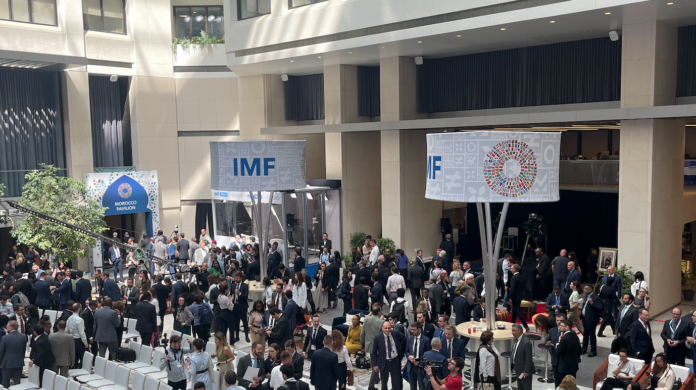The International Monetary Fund (IMF) has raised concerns about Nigeria’s ongoing poverty and food insecurity, even as the federal government has implemented various economic reforms since 2023. In a statement issued on Friday after its Article IV consultation mission to Nigeria from April 2 to 15, 2025, the IMF acknowledged the government’s efforts towards economic stabilization but noted that the reforms have not yet reached many Nigerians. Axel Schimmelpfennig, who led the IMF delegation, pointed out that while the country has taken important steps, poverty and food insecurity remain widespread.
The IMF’s mission engaged with several government officials and economic stakeholders, including Finance Minister Wale Edun, Central Bank of Nigeria Governor Yemi Cardoso, and Agriculture Minister Abubakar Kyari, as well as representatives from civil society, academia, and the private sector. The Fund recognized the government’s recent policy actions, such as eliminating central bank deficit financing, removing fuel subsidies, and improving the foreign exchange market. However, it stressed that these measures have not translated into widespread socioeconomic benefits, especially for Nigeria’s most vulnerable populations.
Additionally, the IMF noted the government’s cautious approach to the 2025 budget, factoring in the risks posed by declining global oil prices. The Nigerian authorities plan to maintain a neutral fiscal stance while continuing monetary tightening to address inflation. The IMF urged the government to focus on development spending, even within the limits of fiscal constraints, and recommended that savings from the subsidy removal be used to enhance social protection for those most at risk.

